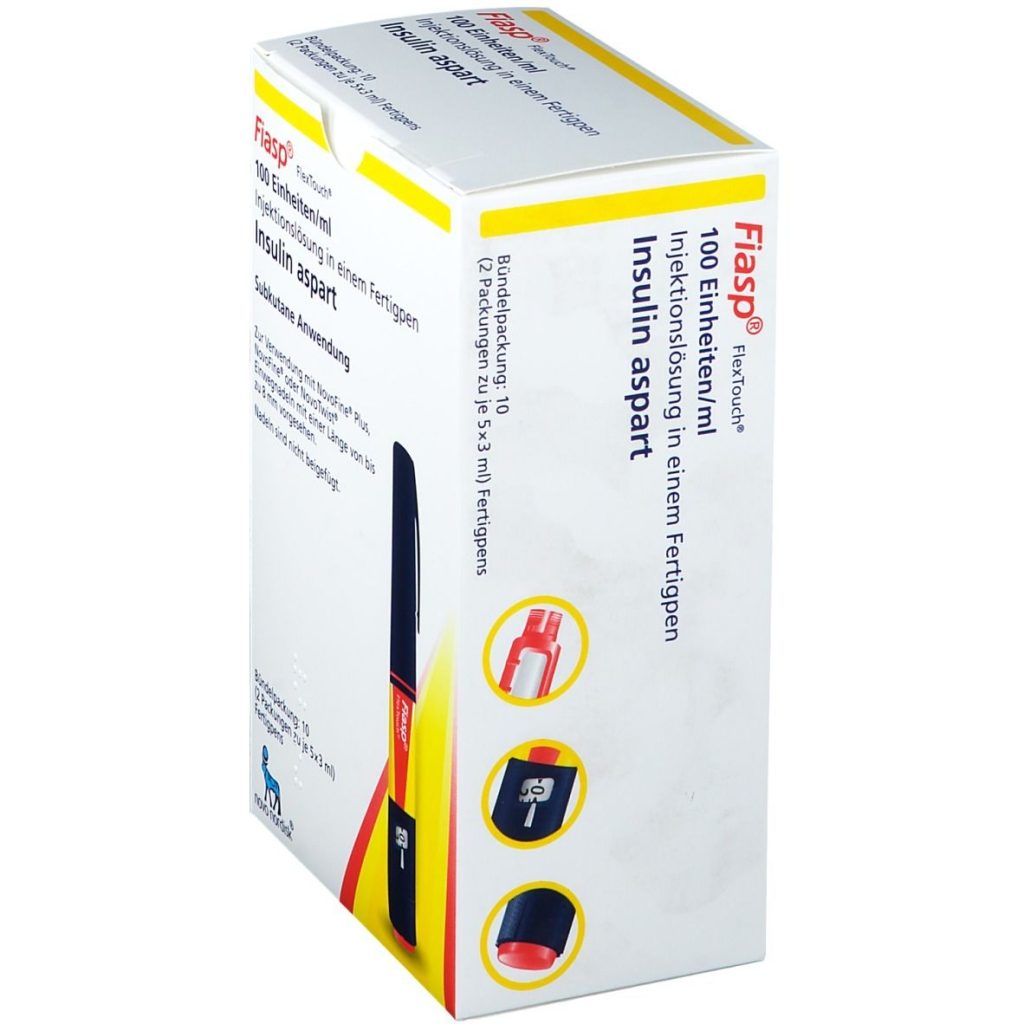Uncategorized
FDA-approved weight loss medication
Exploring FDA-Approved Weight Loss Medications: Your Complete Guide
Introduction to FDA-approved weight loss medication
Navigating the world of weight loss can be challenging, and many individuals turn to medications for assistance. The FDA has approved several weight loss medications that can support your journey, especially when combined with a healthy diet and exercise. In this guide, we’ll explore the most common FDA-approved weight loss medications, their benefits, and important considerations. FDA-approved weight loss medication
What Are FDA-Approved Weight Loss Medications?
FDA-approved weight loss medications are prescription drugs that help individuals manage their weight. These medications work through various mechanisms, such as suppressing appetite, increasing feelings of fullness, or reducing fat absorption. They are typically prescribed to individuals with a BMI of 30 or higher, or a BMI of 27 or higher with weight-related health conditions.
Common FDA-Approved Weight Loss Medications
- Orlistat (Alli, Xenical)
- Mechanism: Orlistat works by inhibiting the absorption of dietary fats in the intestines.
- Benefits: It can lead to modest weight loss when combined with a reduced-calorie diet.
- Side Effects: Common side effects include gastrointestinal issues such as oily stools and flatulence.
- Phentermine-topiramate (Qsymia)
- Mechanism: This combination medication suppresses appetite and promotes feelings of fullness.
- Benefits: Studies have shown significant weight loss in individuals taking Qsymia.
- Side Effects: Potential side effects include dry mouth, constipation, and sleep disturbances.
- Naltrexone-bupropion (Contrave)
- Mechanism: This medication affects the central nervous system to reduce appetite and cravings.
- Benefits: It can help individuals lose weight by addressing emotional eating.
- Side Effects: Side effects may include nausea, headache, and dizziness.
- Liraglutide (Saxenda)
- Mechanism: Originally developed for type 2 diabetes, liraglutide mimics a hormone that regulates appetite.
- Benefits: It has been shown to result in significant weight loss when used alongside diet and exercise.
- Side Effects: Common side effects include nausea, vomiting, and potential pancreatitis.
- Semaglutide (Wegovy)
- Mechanism: Similar to liraglutide, semaglutide is a GLP-1 receptor agonist that promotes satiety.
- Benefits: Clinical trials show that it can lead to substantial weight loss.
- Side Effects: Side effects are similar to those of liraglutide and include gastrointestinal issues.
How to Choose the Right Medication
Choosing the right weight loss medication involves consulting with a healthcare provider. Factors to consider include:
- Medical History: Certain medications may not be suitable for individuals with specific health conditions.
- Weight Loss Goals: Discuss your weight loss targets and preferences with your provider.
- Side Effects: Be aware of potential side effects and how they may impact your daily life.
Conclusion
FDA-approved weight loss medications can be valuable tools for those struggling to lose weight. They are most effective when used alongside lifestyle changes, including a balanced diet and regular physical activity. By understanding the available options and consulting with a healthcare provider, you can find the best approach to support your weight loss journey.

